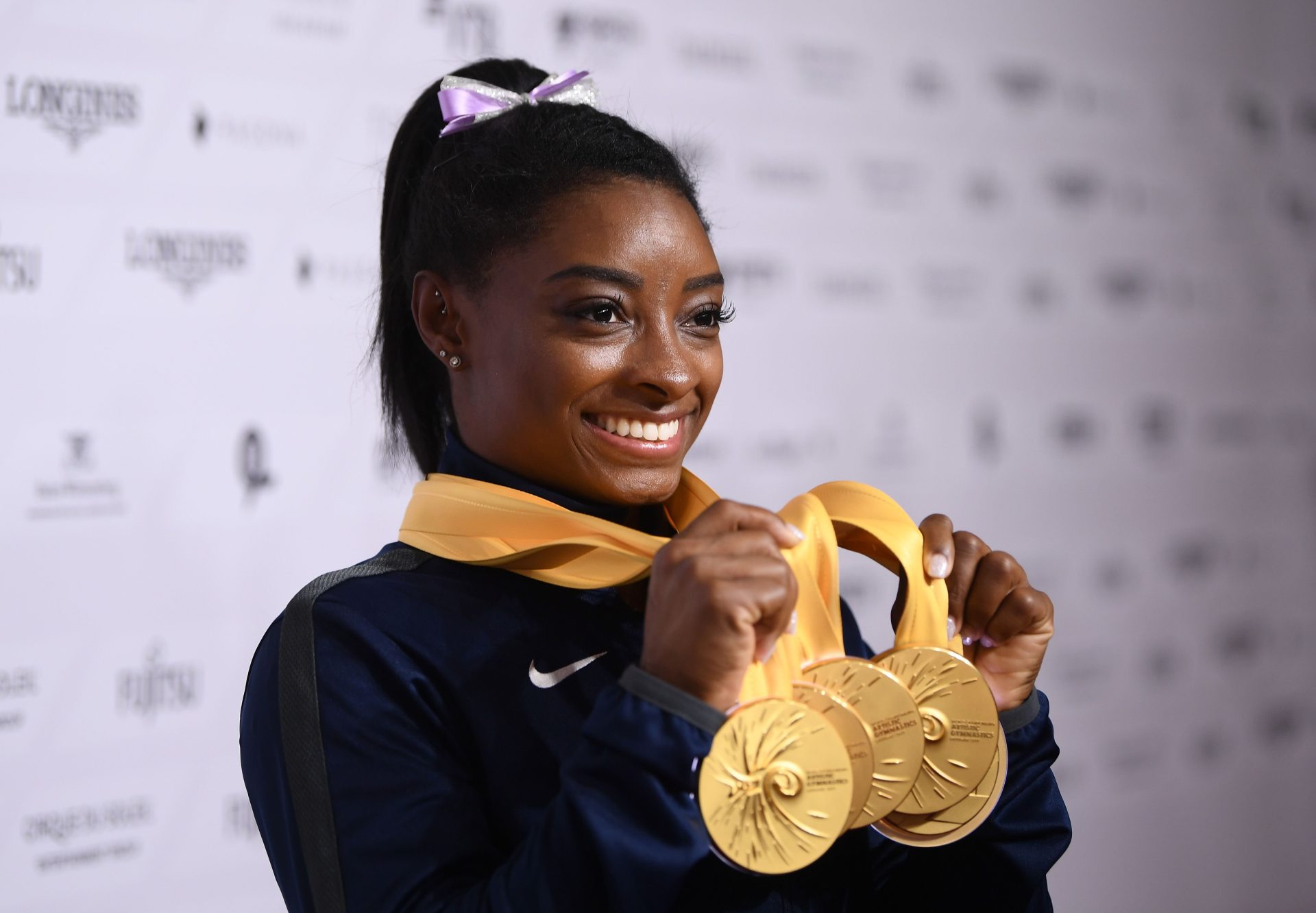In a surprising development, two boxers who previously failed a gender eligibility test are set to compete in the women’s division at the upcoming Olympic Games in Paris, sparking controversy and raising crucial questions about fairness and safety in sports.
Imane Khelif from Algeria and Lin Yu-ting representing Taiwan were disqualified from the 2023 World Championships in New Delhi, India, after tests revealed their possession of XY chromosomes, categorizing them as biologically male rather than female.
Their exclusion from the competition organized by the International Boxing Association (IBA) led to a shift of jurisdiction to the International Olympic Committee’s Paris Boxing Unit (PBU), which has more lenient eligibility requirements.
Under PBU’s rules, Khelif and Lin have been allowed to participate in the women’s category despite their previous failure to meet gender criteria.
This decision has prompted widespread concerns about the fairness and safety of allowing individuals with XY chromosomes to compete against those with XX chromosomes in women’s boxing.
Footage showcasing Khelif’s strong skills has intensified these concerns, with some expressing fear that it could lead to fatal consequences in the ring.

These recent developments have sparked a strong reaction on social media, with many urging fellow athletes to boycott the upcoming competition in solidarity with the goal of maintaining fair play and safeguarding the well-being of athletes.
The controversial participation of Khelif and Lin has brought up significant ethical concerns regarding gender identity verification protocols in sports.
This situation highlights a conflict between advocating for inclusivity for transgender athletes and ensuring fair competition and participant safety.
Supporters argue that strict gender verification processes may exclude transgender individuals whose hormone therapy may change their biological markers but not necessarily align with traditional chromosomal distinctions between male and female.
They stress the importance of embracing diversity in sports to promote equality, respect, and acceptance across all genders.
On the other hand, opponents argue that biological differences such as muscle mass, bone structure, cardiovascular capacity, and other physiological attributes can give an unfair advantage to individuals born biologically male when competing against those born biologically female.
These disparities could potentially compromise fair competition standards and put athlete safety at risk in contact sports like boxing.




